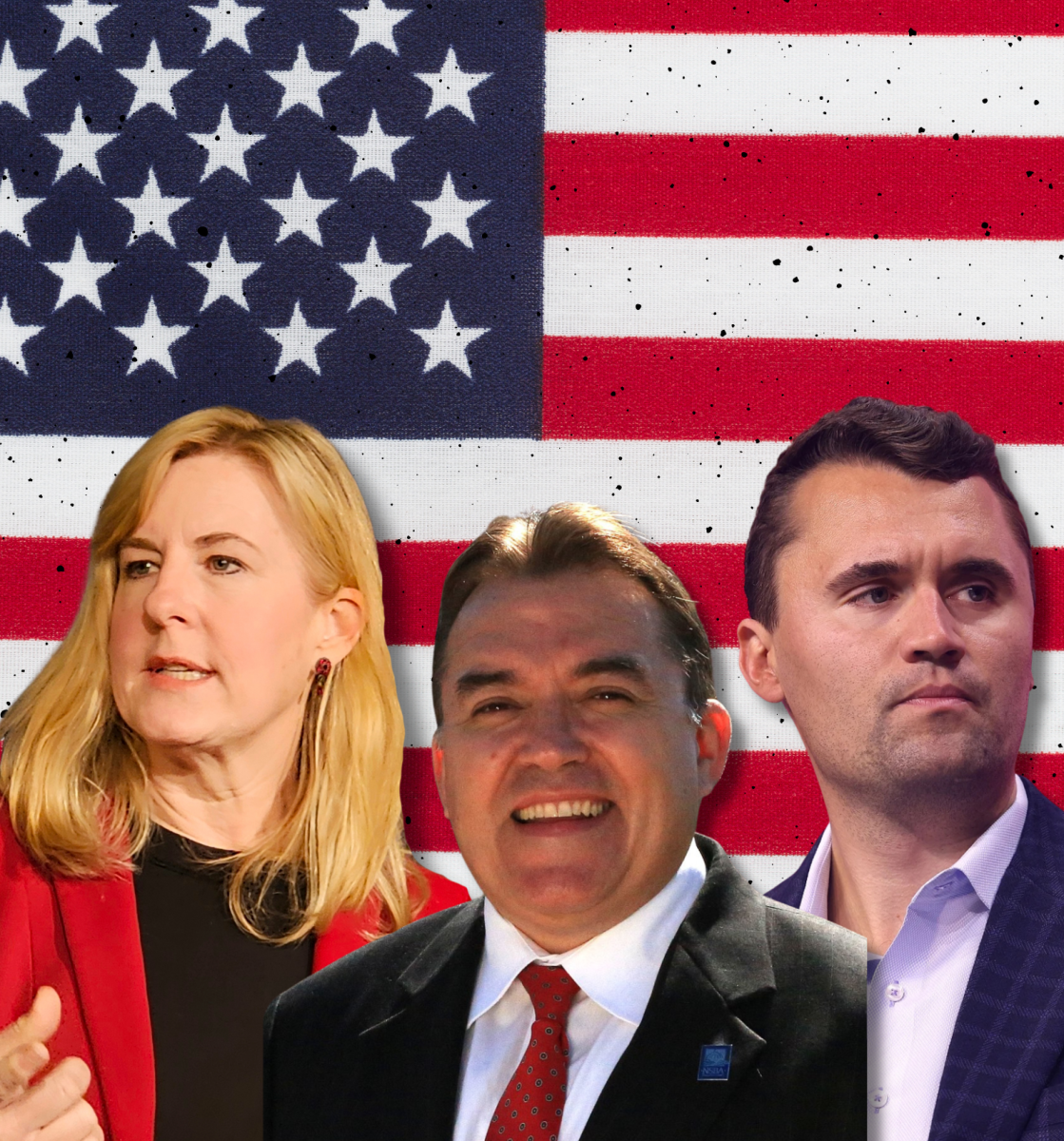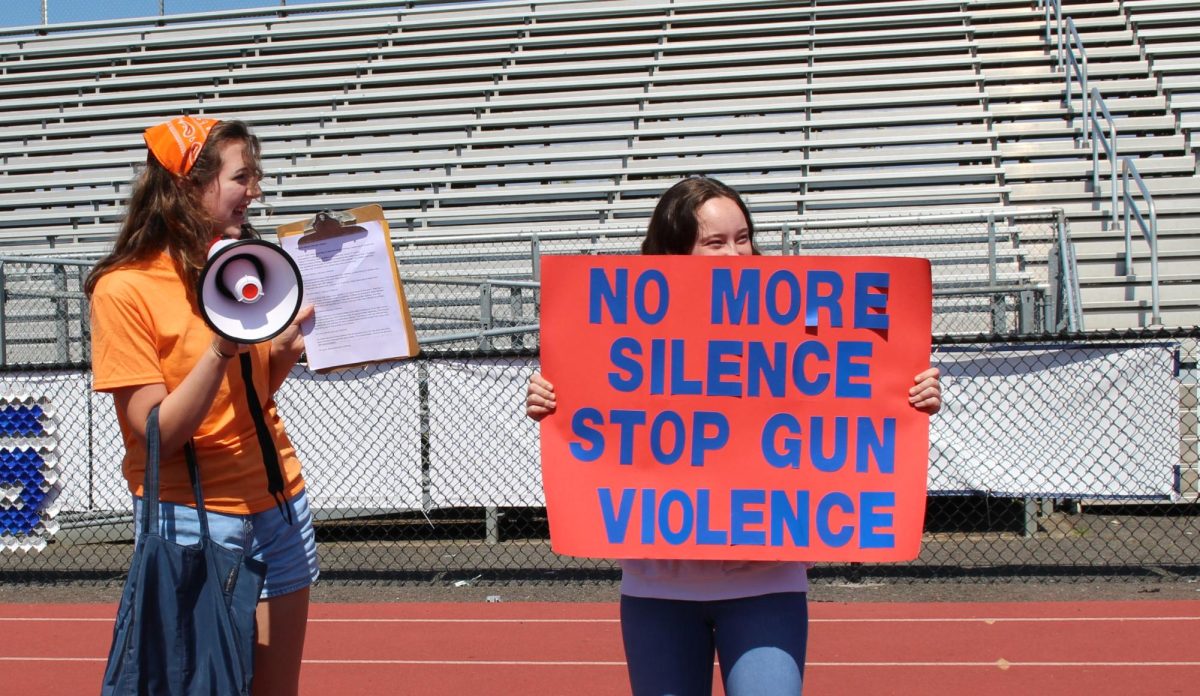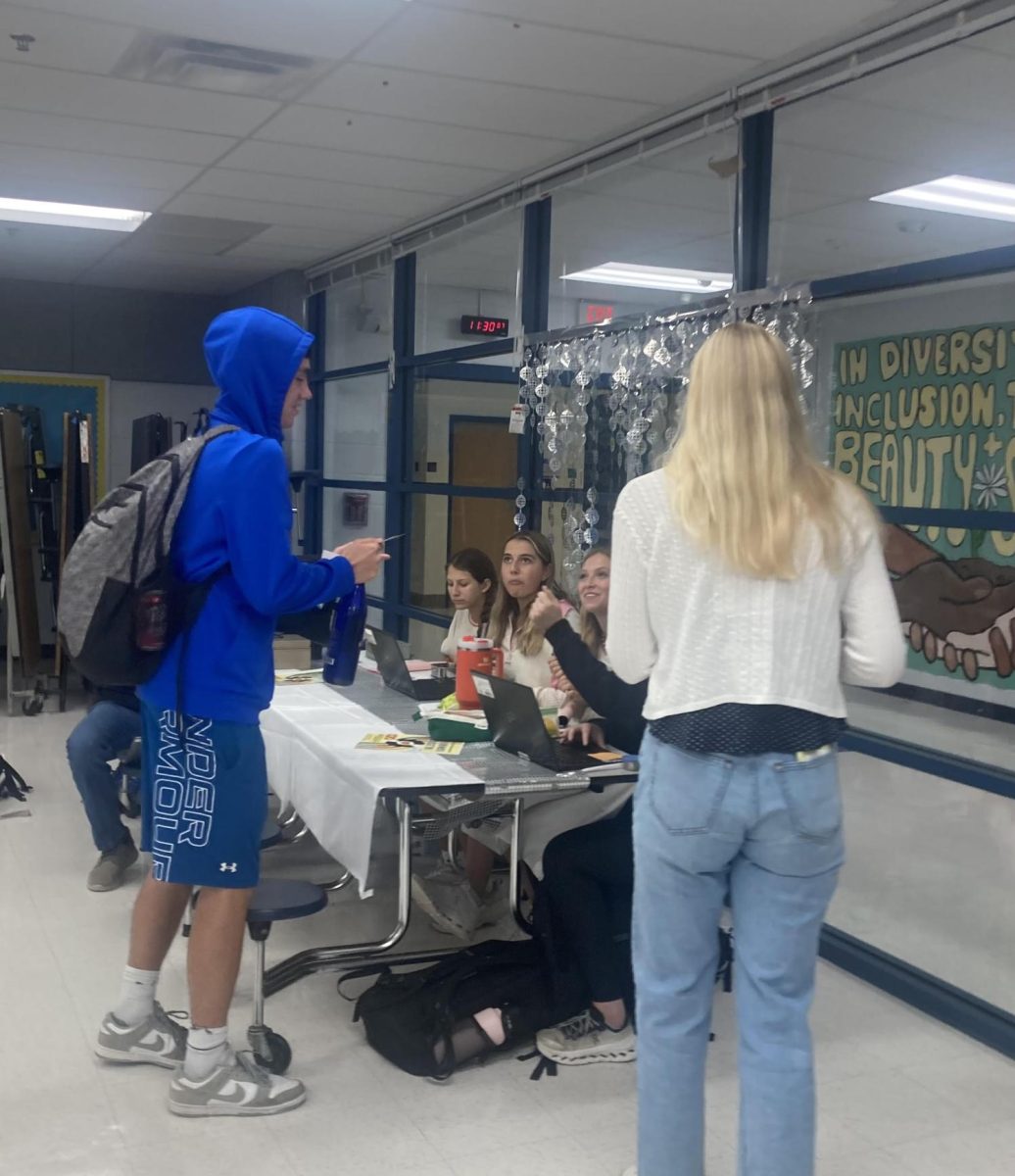Bearing Witness to What Actually Is Going On
The media should use their powers to help rather than promote hate.
Whether you realize it or not, the media is constantly shaping your beliefs and basic views every day. From what you hear about on the news, to the short, clickbait Buzzfeed-esque articles that are scattered around the Internet, what the media is talking about is what is always on the minds of Americans. But what happens when tragic events are ignored by mainstream media? Who can hear the struggles of people who are mostly disregarded?
One of the main purposes and responsibility of the media is to give voice to
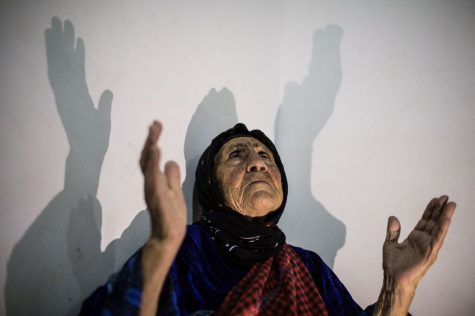
the voiceless, and to provide more support to the victims from people who otherwise would not know about such events taking place. While the coverage of all events is necessary, coverage of some tragic events, such as the mass genocide of ethnic
and religious minorities in Northern Iraq by the Islamic State of Iraq and the Levant, are mostly turned a deaf ear to.
In Western mainstream media, ISIL has been portrayed as the ultimate enemy of the West rather than an enemy of the West and the world, including the Middle East and the minorities living there. By ignoring these minorities and the injustice they’ve faced, the media is not condemning what ISIL is doing, and therefore indirectly condoning it.
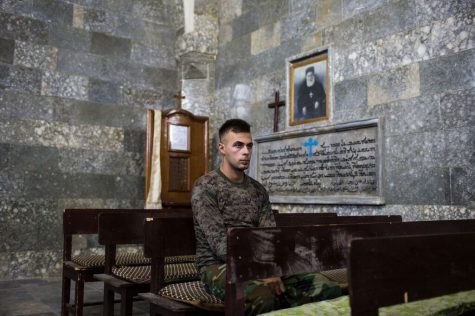
The Yazidis, Christians and Kurds are just a few of the ethnic minorities massacred by the Islamic State. These minorities have been affected by the extreme religious persecution in the Middle East, and, as a result, have seen sharp declines in population. Today, about 5% of the Middle Eastern population were Christians. This is a sharp decline from the beginning of the of the 20th century, when about 20% of Middle Eastern population were Christians.
For people such as the Yazidis, whose communities are centuries old, ISIL means being forced to either leave their homes or face terror at the hands of terrorists. The Yazidis, one of the many religious minorities in Northern Iraq, practice a unique faith that carries the characteristics of Zoroastrian, Mandaean Gnostic, Jewish, Christian and Muslim traditions, but do not accept converts. The Yazidi people are often referred to as “devil worshippers” by the Muslim and Christian community in the Middle East because they worship a “Peacock Angel”– according to Yezidi lore, a fallen angel who was banished by God for rebelling. The Yazidis believe that making offerings to the Peacock Angel (who is associated with the Devil) will ensure world peace and good fortune. ISIL has justified the killings of Yazidis on the basis that they are devil worshippers.
Other closed-off groups, such as the Sabaean-Mandaeans, have also faced tremendous persecution from the Islamic State. Sabaean-Mandaeans practice a monotheistic religion that revolves around the teachings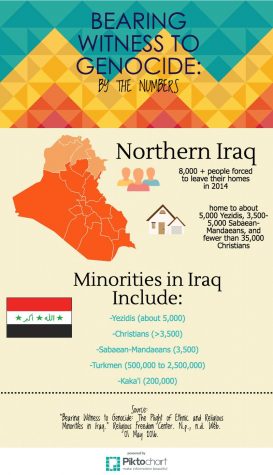 of John the Baptist, but rejects Abraham, Moses and Jesus. Currently, there are thought to be about 3,000 to 5,000 Mandaeans in Iraq, though most fled at the start of the Iraq War. Since the Sabaean-Mandaean religion prohibits armed self-defense, the persecution of their people has been easier for ISIL.
of John the Baptist, but rejects Abraham, Moses and Jesus. Currently, there are thought to be about 3,000 to 5,000 Mandaeans in Iraq, though most fled at the start of the Iraq War. Since the Sabaean-Mandaean religion prohibits armed self-defense, the persecution of their people has been easier for ISIL.
In the summer of 2014 alone, over 800,000 minorities were run out of their homes by ISIL. However, the media has mostly covered ISIL in a way that promotes Islamophobia, despite the fact that most people in Muslim majority countries have strongly negative views of the terrorist group. This is similar to the way American media covered the Holocaust during World War II– while most knew of the atrocities being committed against the Jewish and other groups in Germany, generally news outlets did not cover it due to several reasons. One, most people did not believe such a thing could occur. Two, it distracted the Allied Powers from winning the war, and journalists were cautious of upsetting the rules of U.S. foreign policy.
We cannot afford to repeat history. Though many of the reasons are not the same, modern media today is not following the same ethical reasons behind why journalists write. Recently, a few members of The Wire’s editorial staff attended a conference at the Newseum Institute, Bearing Witness to Genocide. There, United Nations Under-Secretary-General for Political Affairs Jeffrey D. Feltman, managing editor/correspondent for “Religion & Ethics NewsWeekly” Kim Lawson, and other important leaders discussed the impacts of the lack of media coverage on the genocide of minorities in Northern Iraq, and how dire the situation is for these minorities. For more information on events at the Newseum, visit their website here.


